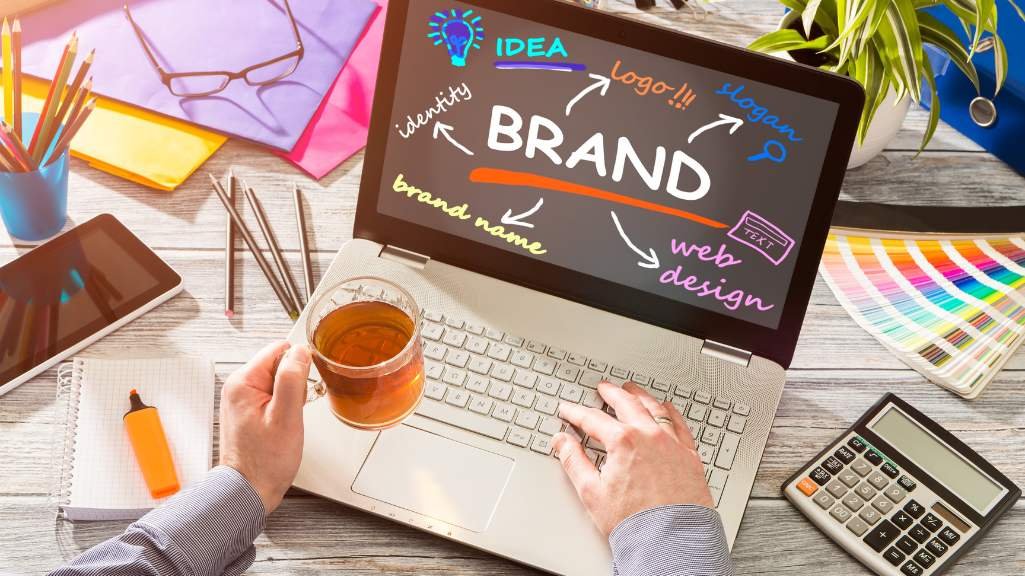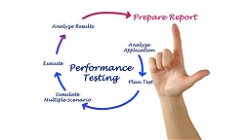Why Brand Personality Matters?
Ronit Agarwal
. 2 min read
When it comes to shopping for any product, the deciding factor, for most people, is emotions whether they know it or not. Many people might think that the qualities, reviews, and even the recommendations from developers of the product would be the most important aspect of the purchasing process. That means there are feelings that even the consumer themselves are not aware of that have an overwhelming influence on which products they buy and which ones they do not.

Brand Personality Matters
Disney’s personality is wholesome, warm, and welcoming, with an added touch of nostalgia. Ford is reliable, tough, and strong. You wouldn’t see Disney running an ad campaign about being “Built Tough.” Nor would you see Ford trying to talk in a manner that appeals to kids and adults alike. A company’s brand personality is more than just your company’s positioning or language in an advertising campaign.
What is Brand Personality?
Brand personality is the collection of emotional, intellectual, and behavioral patterns unique to a brand and consistent over time. In short, your brand personality is how you would describe your brand if it were a person. Just like people, brands have recognizable traits that stem from the way they think and feel about the world. The authenticity and consistency of these traits are what separate a strong brand from a weak one.
How to Choose a Brand Personality?
Consumers prefer approachable and genuine brands with which they can identify with that also makes sense with the overall idea, feel or aesthetic of the brand in question. Therefore, adopting a brand personality that is similar to that of your target audience is key. In addition to reflecting your target audience’s traits, your brand personality needs to be consistent in order to avoid confusing consumers and turning them off of your business.
Managing Your Brand Personality
Just like people, brands can change over time and your market can change over time. In other words, the personality your brand had yesterday could be completely wrong for the audience you serve today, or the market you’re targeting tomorrow. These powerful insights help you crystallize the kind of customer experience you deliver and influence at every touchpoint from your marketing communications.
Defining Your Startup’s Brand Personality
There’s no easy way to say this, but in the early days, your startup’s personality is going to be your personality. You’re the creative mastermind behind your company, your product/service, and all hiring is going to go through you as well, so even the team will display your personality to an extent. So in truth, the first step to developing your brand personality is to do some soul searching.
Brand Personality vs Imagery
A company's brand personality should not be confused with its imagery. A company's imagery is a series of creative assets that communicate the tangible benefits of its brand. Conversely, a firm's brand personality directly creates an emotional association in the mind of an ideal consumer group. It is important for a company to accurately define its brand personality so it resonates with the appropriate consumer.
More Stories from
Essential Reads to Develop Your Leadership Skills in Business
This article highlights the importance of leadership in business and provides a list of essential reads to help aspiring.
How to be Financially Secure by the Time You're 30?
The article provides tips for achieving financial success by making smart choices in your 30s.
Unlocking Business Growth: Harness the Power of Web Solutions
Embrace the power of the internet to unlock your business's true potential and propel it towards unprecedented growth.
Embracing the Remote Work Revolution: Pros and Cons for Businesses and Employees
This article explores the significant growth of remote work over the past decade, driven by technological advancements and changing work cultures.
A Comprehensive Guide to Performance Testing: Stages, Metrics, and Tools
It explores the importance of performance testing in the development lifecycle, the types of performance testing, and the metrics used to measure performance.






.png?width=40&aspect_ratio=1:1)



.png?width=40&aspect_ratio=1:1)
